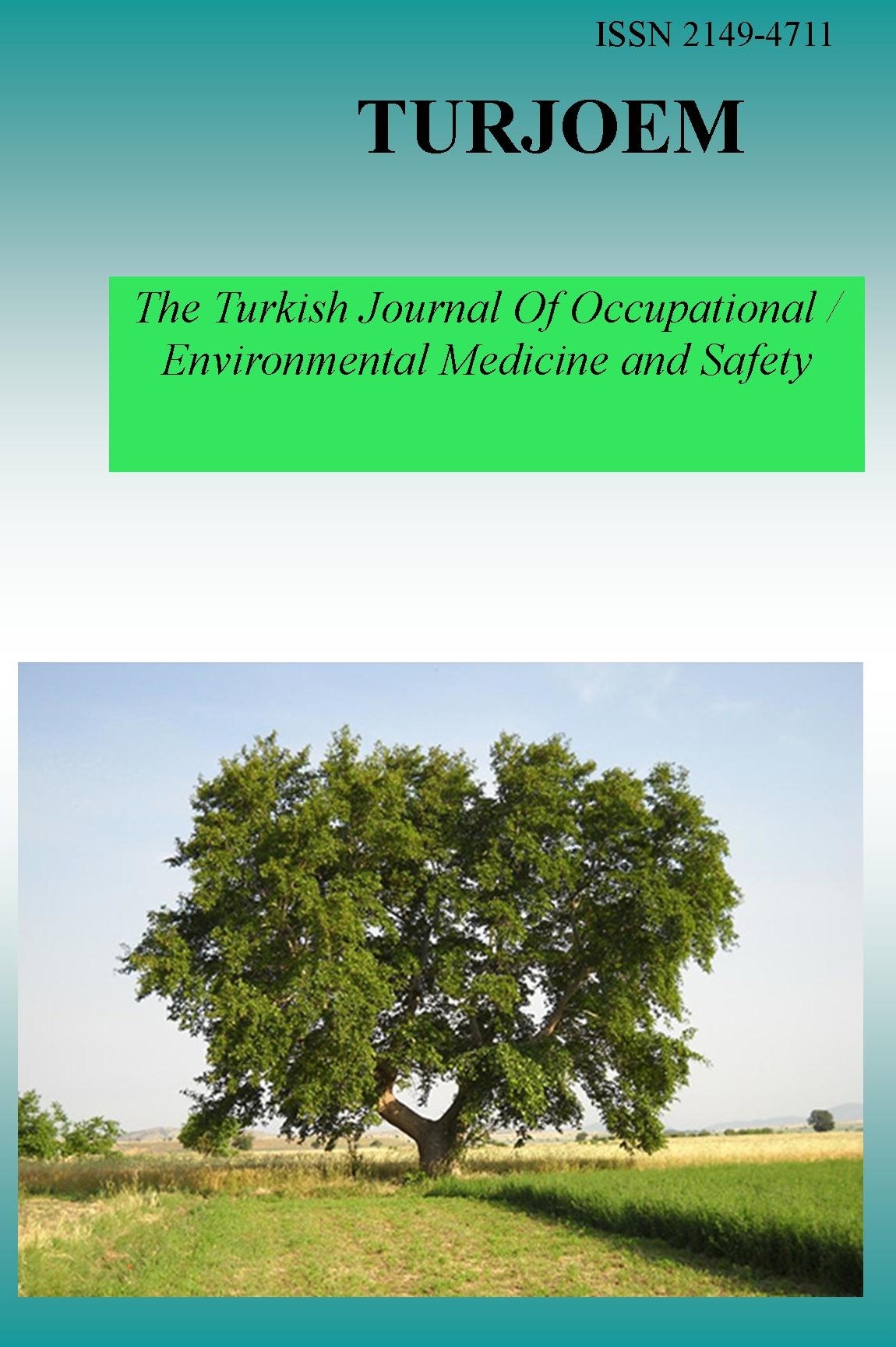THE POTENT CYTOTOXIC AND GENOTOXIC EFFECTS OF THE MYCOTOXIN OF FUSARIC ACID IN VITRO
THE POTENT CYTOTOXIC AND GENOTOXIC EFFECTS OF THE MYCOTOXIN OF FUSARIC ACID IN VITRO
___
- Department of Biology, Polatlı Art and Science Faculty, Gazi University, Ankara, Turkey
- Genetic Toxicology Laboratory, Department of Biology, Science Faculty, Gazi University, Ankara, Turkey
- Faculty of Health Sciences, Ankara University, Ankara, Turkey
- Departments of Medical Biology and Genetics, Medical Faculty, Gazi University, Ankara, Turkey
- ISSN: 2149-4711
- Başlangıç: 2015
- Yayıncı: Engin TUTKUN
INCREASE NITRATE AND TOXICITY IN GROUND DRINKING WATER RESOURCES IN DARFUR-SUDAN
Egemen FOTO, Fatma ZİLİFDAR, Serap YİLMAZ, İsmail YALCİN, Nuran DİRİL
PROTECTING HUMAN HEALTH AND ENVIRONMENT FROM CHEMICALS – WHO REGIONAL OFFICE FOR EUROPE PERSPECTIVE
POLLENS, PLANTS, POLLUTANTS & ALLERGIES
Aysel Kekillioğlu, Ebru Kunduracı, H.Kübra Kekillioğlu
THE BENEFITS AND POTENTIAL RISKS OF MERCURY IN DENTAL AMALGAM
Sezen YILMAZ SARIALTIN, Başak Özlem PERK
CHOROMATOGRAPHIC ANALYSIS OF YUP SWAP HANDKERCHIEF AFTER EXTRACTION
Salih Murat ÜNSAL, Emrah COŞKUNSU, Uğur EKİCİ
ACUTE TOXICITY OF SYNTHETIC PYRETROID PESTICIDE ESBIOTHRIN ON GUPPY (Poecilia reticulata)
Aysel Çağlan KARASU BENLI, Aysegül ÖCAL
ASSESSMENT OF HEAVY METAL LEVELS IN FOLLICULAR FLUID OF WOMEN WITH UNEXPLAINED INFERTILITY
Eyüp ÇIRAK, Onur ERDEM, Serdar ÇETINKAYA, Seyit Temel CEYHAN, Cemal AKAY, Cem KORKMAZ, Mustafa ULUBAY
BISPHENOL A LEADS TO NECROPTOSIS IN SH-SY5Y NEUROBLASTOMA CELLS
